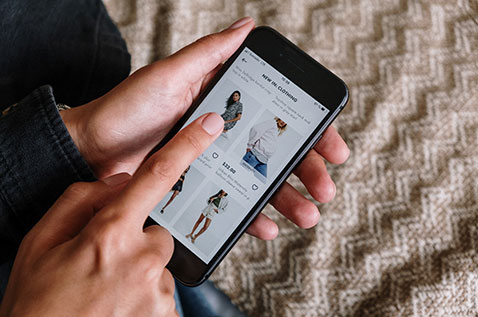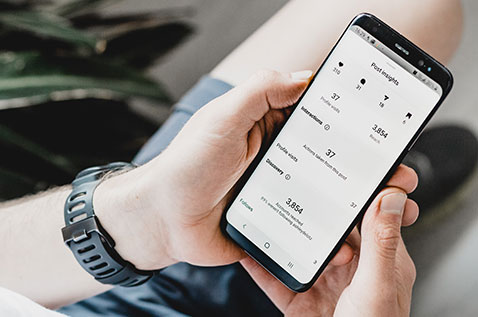Influencer Marketing for small businesses
The last great trend in Digital Marketing is Influencer Marketing.
This form of Marketing is gaining more and more strength and all major brands are now associated with one or several influencers that help them promote certain products or brand globally.
Influencer Marketing is a form of advertising in which a digital influencer, that is, a personality that has a solid base of followers or fans on the digital platforms and social networks, promotes a brand or product. To be considered a digital influencer is not enough to have many followers: it is necessary to create a close relationship with the public - which is usually very well segmented - to the point of becoming a person in whom the followers trust their choices and decisions.
Influencer Marketing can be essential for creating customer-brand relationships. Sometimes it is not easy for the consumer to identify with a "brand" and the influencer is an aid in this aspect, as it gives a human side to a business.
On the other hand, the influencer exposes the content of the brands to a new public - his own -, which helps that a greater number of people have access to this information and know the company.
However, for small and medium businesses, finding a digital influencer within their Marketing budget can be a challenge. In this way, there is a growing number of voices who argue that these brands should appeal to micro-influencers.
What are micro-influencers?
Micro-influencers are digital influencers with an audience usually between 10,000 and 100,000 followers.
For brands with low budgets or just now venturing into Influencer Marketing, this can be an excellent choice. Micro-influencers may even be more beneficial than large digital influencers, since they have less followers and are able to engage more actively with them, interacting more.
When looking for a micro-influencer to work with your brand, do not just look at the numbers of followers and likes, but look at the way he or she relates to your audience.
Another important factor to analyze is the relevance to your business. If you have a mountain bike company, it may not be ideal to work with an influencer who has always conveyed not liking sports. The audience realizes when the content is not genuine and no one likes to be cheated.
Study the profile of your audience and look for a personality whose audience is similar. However, pay attention to "false" influencers, and fake profiles that promise to be digital influencers. Ideally, you should work as an agency to help you find the most effective personality for your brand. Once you make a decision and come to terms with an influencer, you just work together to raise your brand to the next level.





